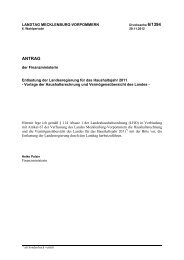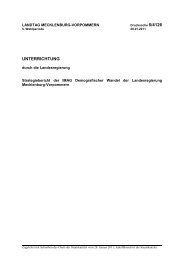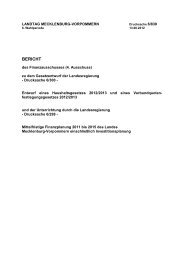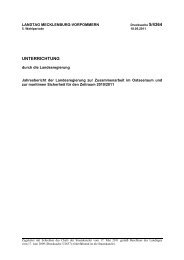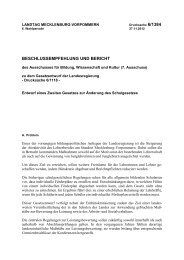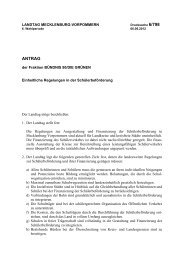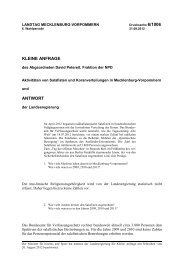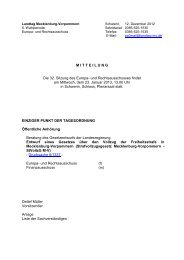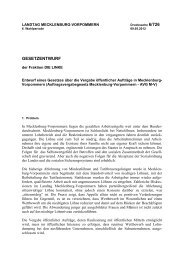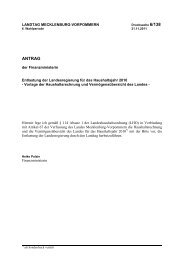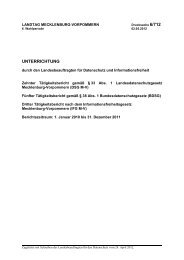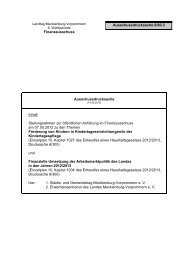Baltic Rim Economies - Baltic Port List
Baltic Rim Economies - Baltic Port List
Baltic Rim Economies - Baltic Port List
You also want an ePaper? Increase the reach of your titles
YUMPU automatically turns print PDFs into web optimized ePapers that Google loves.
Expert article 878 <strong>Baltic</strong> <strong>Rim</strong> <strong>Economies</strong>, 21.12.2011 Quarterly Review 5�2011<br />
Russian intelligence services can help domestic nanotechnology – by keeping<br />
at arm’s length<br />
By Fredrik Westerlund<br />
Since 2007, Russia has been committed to a major effort to<br />
develop its domestic nanotechnology and industry as a means<br />
to modernize the Russian economy and society. There are<br />
many ways to boost national science and technology (S&T)<br />
and industry, and each state tends to combine a number of<br />
options. Increased spending on domestic research and<br />
development (R&D) is one way. Intensifying and deepening<br />
international cooperation is another. A third way is to create a<br />
domestic environment conducive to innovation and research.<br />
Furthermore, national intelligence and security services<br />
can supply foreign know-how and technology through<br />
espionage as well as providing protection from foreign<br />
industrial espionage. This is particularly tempting for countries<br />
wanting to leap ahead without making the necessary<br />
fundamental institutional changes in order to become more<br />
innovation-friendly.<br />
Russian nanotechnology initiatives: little and late<br />
The Russian Government entered the nanotechnology race<br />
late, but has devoted substantial sums to developing domestic<br />
science and industry. Over 100 bn RUR has been allocated up<br />
to 2015 and it was the leading government investor in 2009.<br />
However, since private and foreign investments are only<br />
modest and the infrastructure is underdeveloped, Russia has<br />
been losing ground in both nanotechnology research and<br />
patenting. Russia also lags behind in international evaluations<br />
of the innovation and business climate. Its main advantage in<br />
nanotechnology is its relatively strong position in international<br />
research and patenting collaboration.<br />
Intelligence service support: a promising short cut …<br />
Official Russian documents and reports from foreign<br />
intelligence services as well as assessments by scholars and<br />
former Russian intelligence officers suggest that the Russian<br />
intelligence services are collecting S&T intelligence abroad. In<br />
the Soviet era, a clandestine organization was created to<br />
collect intelligence for the biological weapons programme. It is<br />
reported to have survived and could be used to support R&D in<br />
the area of nano-biotechnology. The Soviet nuclear weapons<br />
programme was accelerated by intelligence-gathering abroad.<br />
The nuclear weapon research organization’s successor, the<br />
Kurchatov Institute, enjoys a central position in the Russian<br />
nanotechnology effort.<br />
The Russian security services can also support Russian<br />
nanotechnology by providing protection from foreign<br />
intelligence services and corporations. Safeguarding Russian<br />
science and industry has been one of the tasks of the Federal<br />
Security Service (FSB) since its creation in 1995. As late as<br />
December 2008, the head of the FSB directorate for the<br />
Saratov region singled out Russian nanotechnology projects<br />
as being of particular interest to foreign special services.<br />
… or a dead end for Russian nanotechnology?<br />
Intelligence service support could be a tempting short cut when<br />
other avenues to developing Russian nanotechnology science<br />
and industry are uncertain. It could, however, prove to be a<br />
dead end. First, the Russian intelligence services are not as<br />
efficient as their predecessors. They cannot rely on assistance<br />
from allied intelligence services or on ideologically motivated<br />
spies as they could in Soviet times. Furthermore, corruption<br />
within the services takes its toll on their efficiency.<br />
Second, extensive collection of S&T intelligence abroad<br />
does not automatically imply dividends for domestic science<br />
31<br />
and industry. A successful transfer of foreign technology is<br />
dependent on the capacity of the recipients to make use of the<br />
information they receive. Russian nanoscience lags behind in<br />
several areas and the domestic nano-industry faces severe<br />
challenges in converting scientific advances into competitive<br />
mass-produced products.<br />
There are also several risks connected with intelligence<br />
service support. Reliance on intelligence may dull the edge of<br />
science by making it reactive and dependent on foreign<br />
findings. Furthermore, the security mindset of intelligence<br />
services, with its emphasis on risk reduction, is in many ways<br />
the opposite of a climate conducive to research and<br />
innovation.<br />
The most important aspect of intelligence support to<br />
Russian nanotechnology is its potentially negative impact on<br />
cross-border cooperation. If the security services in other<br />
countries suspect that Russia is spying, the flow of knowledge<br />
into Russia could suffer. Foreign companies and research<br />
institutions will be alerted to the risk of espionage, and access<br />
to state-of-the-art science abroad could become restricted for<br />
Russian researchers and engineers. Moreover, over-zealous<br />
security service officers could harm Russian nanotechnology.<br />
In 2007, several charges of espionage were brought against<br />
Russian academics. In January 2010, a Russian Academy of<br />
Sciences institute director complained over the close attention<br />
the security services were paying to Russian scientists and<br />
over trumped-up charges of espionage. Such activities could<br />
result in scientists refusing to take part in international<br />
research projects or declining funding from abroad.<br />
In an era of technological globalization, international<br />
cooperation is of the utmost importance for scientific and<br />
technological progress. As mentioned above, Russia’s primary<br />
strength in nanotechnology research and patenting is its<br />
comparatively good position concerning international<br />
collaboration. Intelligence support efforts could undermine<br />
Russia’s main advantage in the field of nanotechnology.<br />
Indeed, the Russian intelligence services would perhaps serve<br />
domestic nanotechnology best by keeping a distance.<br />
Note: The views expressed in this article are the personal<br />
opinions of Fredrik Westerlund. They may not reflect the views<br />
of the Swedish Defence Research Agency nor Swedish<br />
Government policy.<br />
Fredrik Westerlund<br />
Senior scientist at the Department<br />
for Security Policy & Strategic<br />
Studies<br />
Swedish Defence Research Agency<br />
(FOI)<br />
Sweden<br />
� Pan-European Institute � To receive a free copy please register at www.tse.fi/pei �



